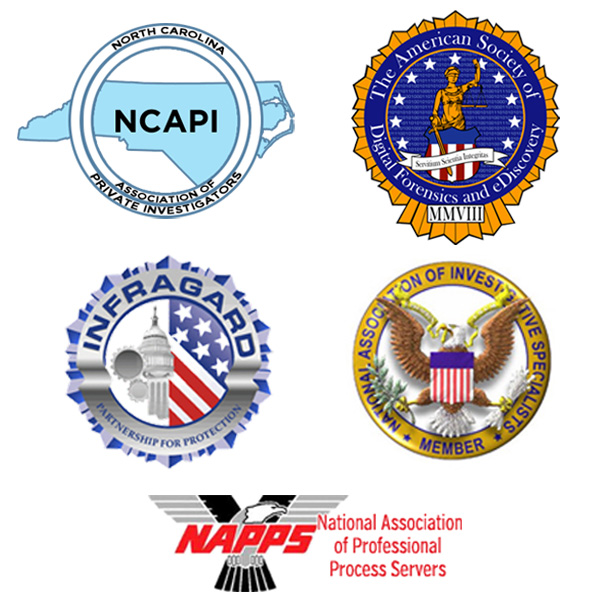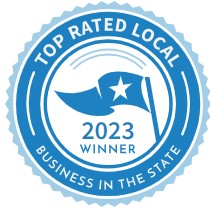Ensuring Online Security in the Dark Web Era
In the realm of dark web security and safeguarding your identity, Spencer Summey, Owner of Victory Investigations, imparts a crucial piece of advice: “Simply assume that ALL your personal information exists somewhere on the internet.”
While this perspective may seem disheartening, it reflects the unfortunate reality. Our daily interaction with electronic data, combined with a surge in global data breaches, has rendered a significant portion of our personal information accessible online. Alarmingly, cases of fraud and identity theft have nearly tripled over the past decade, surpassing 1.4 million annually by 2022, according to the nonprofit National Council on Identity Theft Protection.
To counter this emerging threat, here are some Dark Web security tips aimed at safeguarding your financial well-being:
- Freeze Your Credit
Often considered as a post-incident measure, freezing your credit preemptively can serve as a preventive step. A credit freeze prohibits anyone from applying for credit in your name. It’s a straightforward process that involves contacting major credit bureaus. Importantly, it won’t incur any costs or negatively impact your credit score. The only downside is the need to temporarily unfreeze your credit when applying for a mortgage or a new credit card.
- Embrace Two-Factor Authentication (2FA)
Numerous mobile apps and websites incorporate 2FA to bolster security. This involves an additional step to verify your identity when logging in, often through a text message sent to a registered phone number. Enabling 2FA whenever feasible is advisable. Additionally, the prevalence of biometrics, such as fingerprint or facial recognition, offers an extra layer of security.
- Utilize Dedicated Emails and Credit Cards for Online Transactions
Creating a distinct email solely for online platform registrations can shield your primary email address, preserving it for interactions with financial institutions. Likewise, designating specific credit cards exclusively for online retail transactions helps minimize risk, while other cards remain reserved for critical financial transactions.
- Exercise Caution with Bank Account Information
Surprisingly, paying by check can be one of the riskiest methods. Checks often include your full name, address, account number, and routing details. Scammers have become more adept at intercepting mail, specifically targeting checks. For businesses issuing checks, discussing additional security measures with their financial institutions may be beneficial. However, personal accounts may not always enjoy the same level of protection.
- Assist Vulnerable Individuals
Children and elderly adults are susceptible to data compromise as well. Even though children may not have bank accounts, their birthdays and Social Security numbers can be exposed. Additionally, elderly individuals are prime targets for scammers.
In the event of compromised information or suspected scams, here are some resources to contact:
- Whomever your banking institution may be
- Federal Internet Crime Complaint Center: www.ic3.gov
- Federal Trade Commission: 877-FTC-HELP, 877-ID-THEFT, or reportfraud.ftc.gov
Wrapping up…. While it may be challenging to entirely prevent the compromise of your information, proactive measures can make it significantly more difficult for thieves to exploit your sensitive financial data. Regularly changing passwords, employing password managers, scrutinizing email links before sharing sensitive data, and exploring security-enhancing services can fortify your defenses against this evolving threat landscape. As Myroup emphasizes, understanding and adopting the most secure options are paramount for safeguarding your financial well-being.





Speak Your Mind